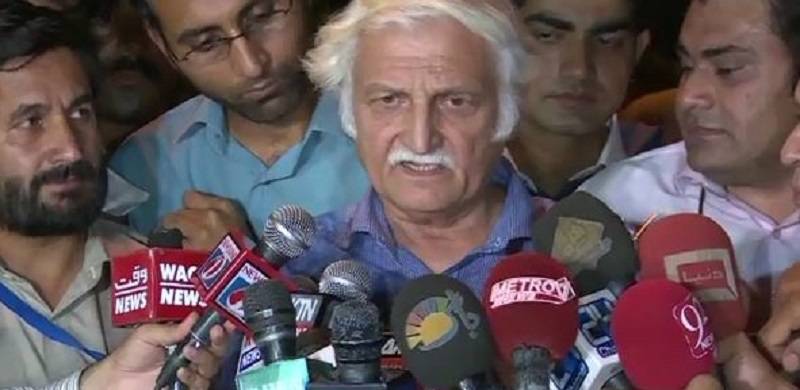
A constitutional writ petition has been filed by former senator Farhatullah Babar before the Islamabad High Court (IHC) challenging Prevention of Electronic Crimes (Amendment) Ordinance, 2022. Chief Justice Athar Minallah is expected to hear the petition on Thursday, the 24th of February 2022.
The petition has been moved by Advocate Usama Khawar on behalf of Farhatullah Babar. The former senator is known for his legislative work, as well as his activism around human rights, democracy, political transparency, and religious freedom. He complained that he was deeply disturbed and concerned by the ordinance, due to the fact that it allows for the indiscriminate violation of the constitutionally secured freedom of speech and expression, as well as right to access to information. Additionally, there are also concerns about the chilling effect that such overregulation is having on the freedom of speech within the country, especially for journalists, the media and fundamental freedoms.
Another concern expressed over the ordinance was that it was promulgated by the President of Pakistan via Article 89 – a method which was only used in exceptional circumstances before. This, according to the critics, raises concern over the fact that the ordinance was bypassing the regular legislative process.
The petitioner has requested the court to declare the ordinance ultra vires the Constitution of Pakistan 1973.
The petition has made the federal government, President of Pakistan and the Information Technology and Telecommunication Division of the federal government as respondents. In addition, the petitioner has requested to suspend the implementation of the ordinance, due to it being “unconstitutional.”
A number of parties have opposed the ordinance, especially human rights groups, journalists, activists and watchdogs for civil rights. The Superior Bar of the country, the Supreme Court Bar Association of Pakistan, has also voiced concerns about the ordinance in a statement dated 22 February 2022 that the ordinance is strictly ultra vires to the Constitution.
The petition has been moved by Advocate Usama Khawar on behalf of Farhatullah Babar. The former senator is known for his legislative work, as well as his activism around human rights, democracy, political transparency, and religious freedom. He complained that he was deeply disturbed and concerned by the ordinance, due to the fact that it allows for the indiscriminate violation of the constitutionally secured freedom of speech and expression, as well as right to access to information. Additionally, there are also concerns about the chilling effect that such overregulation is having on the freedom of speech within the country, especially for journalists, the media and fundamental freedoms.
Another concern expressed over the ordinance was that it was promulgated by the President of Pakistan via Article 89 – a method which was only used in exceptional circumstances before. This, according to the critics, raises concern over the fact that the ordinance was bypassing the regular legislative process.
The petitioner has requested the court to declare the ordinance ultra vires the Constitution of Pakistan 1973.
The petition has made the federal government, President of Pakistan and the Information Technology and Telecommunication Division of the federal government as respondents. In addition, the petitioner has requested to suspend the implementation of the ordinance, due to it being “unconstitutional.”
A number of parties have opposed the ordinance, especially human rights groups, journalists, activists and watchdogs for civil rights. The Superior Bar of the country, the Supreme Court Bar Association of Pakistan, has also voiced concerns about the ordinance in a statement dated 22 February 2022 that the ordinance is strictly ultra vires to the Constitution.

